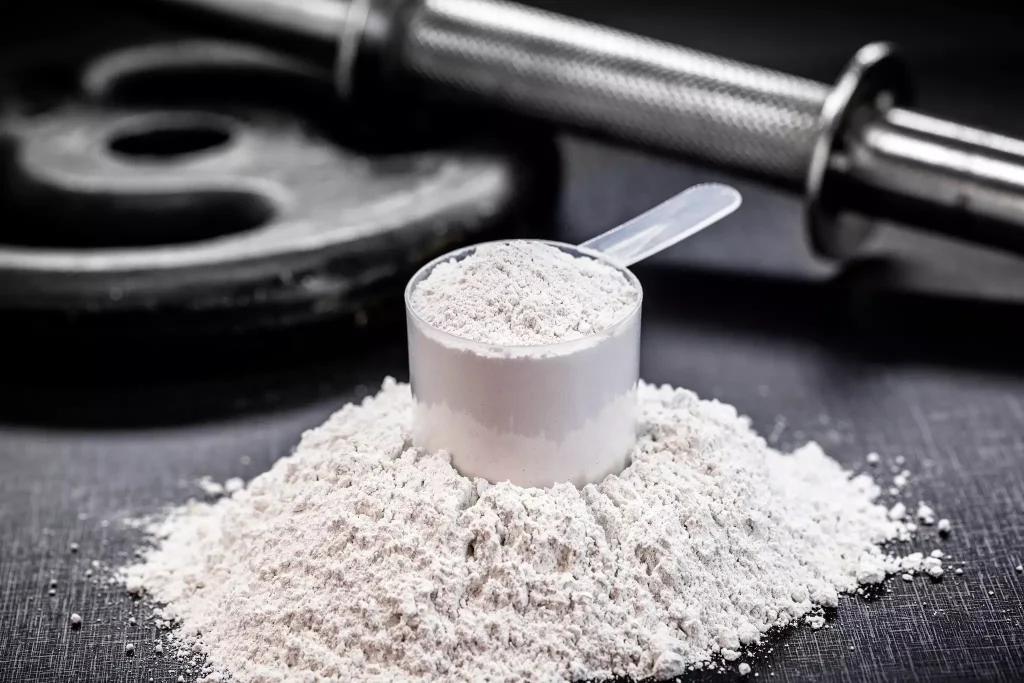Creatine has long been a go-to supplement for athletes and bodybuilders looking to increase strength and muscle mass. But new research is expanding our understanding of this powerful compound.
Recent studies suggest that creatine may also play a critical role in brain function, mood regulation, and even healthy aging. If you’ve only thought of creatine as a gym supplement, it’s time to take another look.
In this article, we break down what the latest scientific studies are saying — and why it might be one of the most underrated supplements for overall health.
What Is Creatine and Why Is It So Widely Studied?
Creatine is a natural substance produced in the body and found in foods like red meat and fish. It plays a key role in energy production, particularly in high-demand tissues like muscles and the brain.
Its popularity among athletes is due to its proven ability to enhance performance in high-intensity training. But more recently, scientists have been exploring creatine’s impact beyond the gym.
New Benefits of Creatine: What the Science Says (as of 2023–2025)
Here are some of the most significant findings from recent studies:
🧠 1. Cognitive Performance and Mental Clarity
-
A 2022 meta-analysis in Psychopharmacology showed that creatine supplementation improved working memory and processing speed, especially in sleep-deprived individuals.
-
Researchers believe enhances brain energy metabolism, particularly under stress.
😔 2. Creatine and Depression
-
Emerging studies suggest creatine may support antidepressant effects by modulating brain energy homeostasis and serotonin signaling.
-
A 2023 clinical trial in The American Journal of Psychiatry found that creatine enhanced the efficacy of SSRIs in women with major depressive disorder.
💪 3. Muscle Preservation and Anti-Aging
-
Beyond helping build muscle, creatine may help preserve lean mass in aging adults.
-
A 2024 study in The Journal of Cachexia, Sarcopenia and Muscle showed creatine helped reduce muscle wasting in older adults during periods of inactivity.
🩺 4. Creatine and Heart Health
-
Preliminary research points to creatine’s potential role in supporting cardiovascular function by improving endothelial health and reducing inflammation markers.
-
While more studies are needed, the data is promising.
How Much Creatine Should You Take?
-
Standard dosage: 3 to 5 grams per day.
-
Loading phase (optional): 20 grams daily for 5–7 days, then 5g/day.
-
Timing: It’s flexible — what matters most is daily consistency.
Creatine monohydrate remains the gold standard in terms of effectiveness, safety, and affordability.
Are There Any Side Effects?
One of the most well-researched supplements in the world. The vast majority of studies report no adverse effects when taken at recommended doses. Common myths (like kidney damage) have been repeatedly debunked in healthy individuals.
However, always consult your doctor if you have pre-existing medical conditions or take medications.
Conclusion: Should You Be Taking Creatine Even If You Don’t Work Out?
Absolutely — especially if you’re interested in improving focus, mood, energy, and long-term brain health.
What began as a performance supplement has become a well-rounded health tool, backed by solid science. Whether you’re an athlete, student, entrepreneur, or simply want to age well — it deserves a place in your daily routine.



